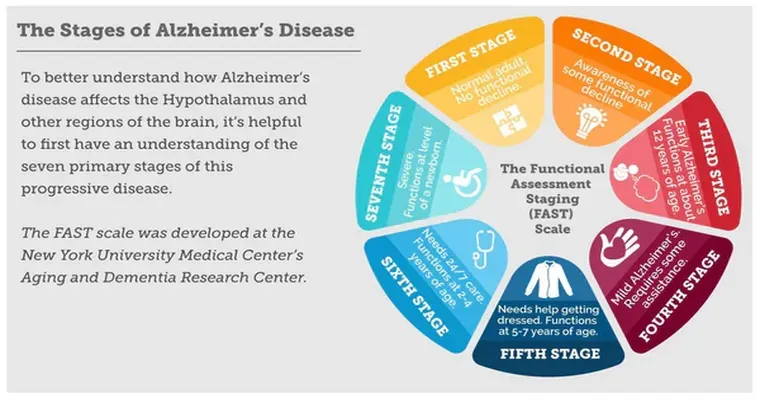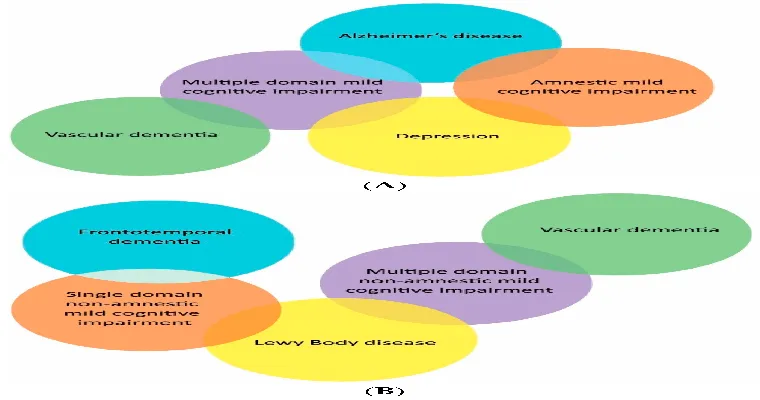Understanding "dementia" is crucial for patients, families, and caregivers as it can significantly impact the quality of life. One common question that arises is, "Are there estimates of the "average time between stages of dementia"?" While there is no one-size-fits-all answer, research and clinical observations provide some insights into the progression of this complex condition.
Dementia is generally categorized into several stages, including mild, moderate, and severe. The "average time" an individual spends in each stage can vary widely, influenced by factors such as the type of dementia, overall health, and lifestyle choices. For example, Alzheimer's disease, the most common form of dementia, typically progresses through three main stages: early, middle, and late.
In the early stage, individuals may experience mild memory loss and confusion. This stage can last anywhere from 2 to 4 years. During this time, many individuals can still live independently, but they may require some assistance with daily tasks as the disease progresses.
The moderate stage often spans 2 to 10 years, during which individuals may experience increased memory loss, difficulty recognizing loved ones, and challenges with communication. This is typically when caregivers notice a significant decline in the person's ability to perform everyday tasks. Support and intervention become increasingly important as the individual may require more assistance.
In the late stage of dementia, which can last from 1 to 3 years, individuals may lose the ability to communicate, require full-time care, and may not recognize friends and family. This stage is often the most challenging for both the patient and their caregivers, as it demands significant emotional and physical support.
It's important to note that these "estimates of time" between stages are not definitive. Each person's experience with dementia is unique, and the rate of progression can be influenced by various factors, including genetics, health conditions, and access to medical care.
Recent studies suggest that early diagnosis and intervention can lead to better management of symptoms and potentially slow down the progression of the disease. Engaging in cognitive activities, maintaining a healthy diet, and staying socially active are strategies that may contribute to improved outcomes.
In conclusion, while there are general estimates regarding the "average time between stages of dementia", individual experiences can vary significantly. Understanding these stages and the potential timeline can help families and caregivers prepare for the journey ahead. By fostering a supportive environment and seeking early intervention, it may be possible to enhance the quality of life for those affected by this condition.





